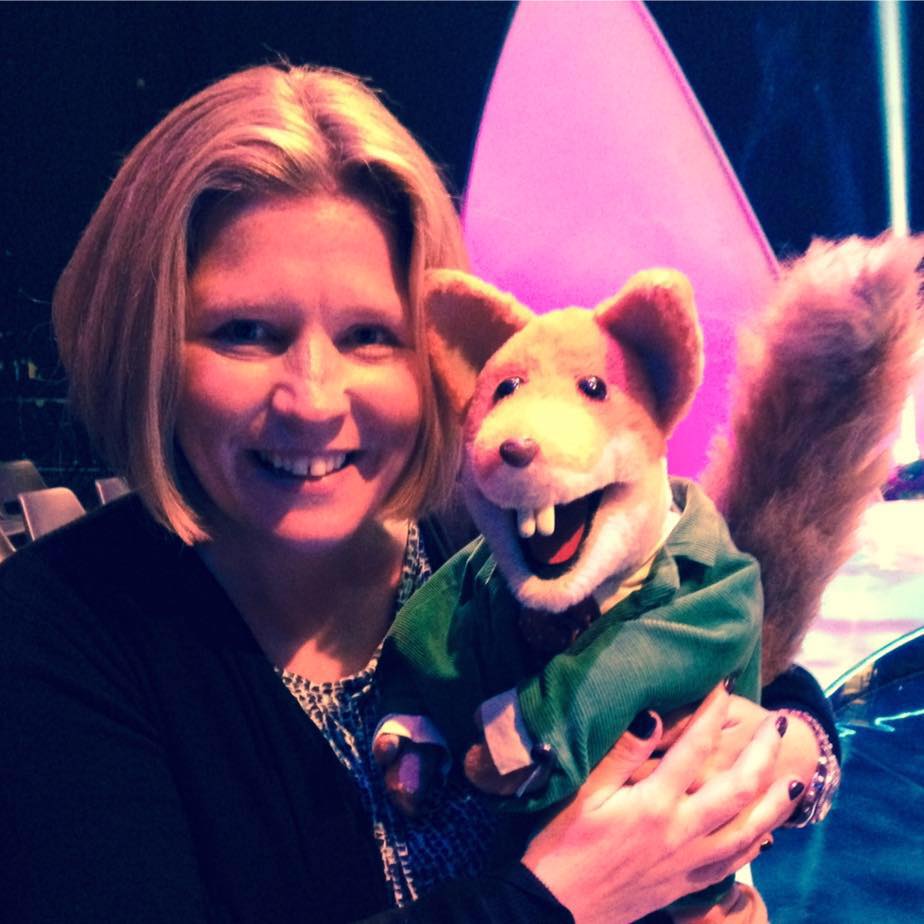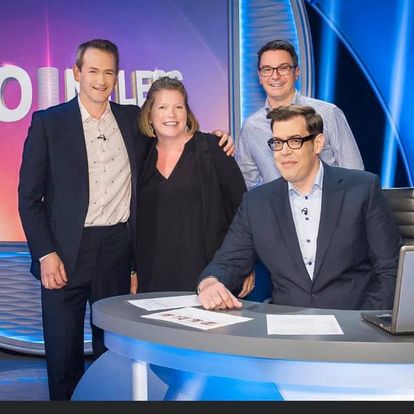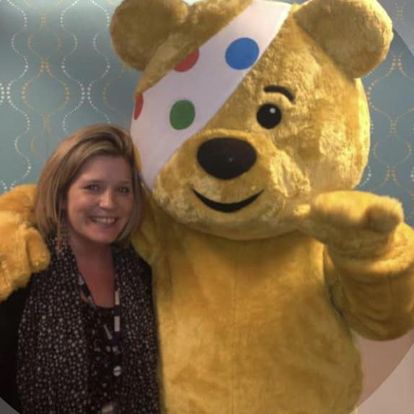Our Featured TM Pro Member today is Michelle Woods, Exec Producer.
Why did you decide the editorial route was where you wanted to work?
I started my career in radio at the BBC but got the chance to do get some experience in TV and never looked back. I was working on 'Live & Kicking' on Saturday mornings answering phones and just loved the buzz of a live studio and decided that TV was the only route for me, and I wanted to eventually produce entertainment shows.
How did you get into Exec Producing?
I worked my way up the ladder - initially as a production assistant on 'Crimewatch' then through the researcher route on entertainment shows like 'Generation Game' and 'Dog Eat Dog'. Then I found my talents lay in casting. I was AP/Producer on a variety of different genres like 'Ladette to Lady' and 'Holiday Showdown' before I found a real love of studio shows.
I became Series Producer on several shows at Endemol that I worked on from development through to series and eventually ended up exec on these shows – namely 'Pointless' and 'Million Pound Drop Live' and have now been an Exec for 12 years so far. 
How did you learn to be an exec prod? What skills do you need?
Having worked my way up the ladder I was aware of what it takes to make good telly but also what it takes to be a great exec producer. Obviously, you need to be creative, organised and have a good understanding of budgets/ schedules and how to deliver the best possible shows on time and within budget. But just as important is being a great manager, ensuring you employ and work with the best teams and nurture these teams throughout the production process. Ultimately, I have always been of the belief that we make telly to entertain so people should enjoy the process of making shows and I want to make sure my teams enjoy working on the shows we make.
And finally, I think one of the most important things to be in telly is to be nice, be someone people want to work with and have a good sense of humour.
What kinds of programmes do you work on?
I have worked on a variety of genres across my career including formatted fact ent, talent and chat shows. I am known for working on entertainment shows more recently, especially studio and quiz and game shows.

What are the most challenging projects to work on?
Ever decreasing budgets seem to make most new shows more challenging than they ever have been. So it’s often a balancing act from the outset to ensure that shows are the best they can be creatively, balanced with a realistic schedule ensuring staff aren’t working ridiculous hours.
First series are generally the most challenging projects, but these are the shows I thrive on. I find the whole process of working out the creative from scratch in a collaborative way with the team the most fun. There is a real sense of achievement at the end of the process for the whole team when you get to watch that end product and see how it is received!
What would be your advice to someone trying to get into your area of expertise?
Do your research. Look at the type of telly you want to make, find out who makes those shows and get in touch with the talent managers at those companies to find the entry level roles. Show initiative and if you get the opportunities be willing to get stuck in.
Be prepared to work your way up the ladder as the best senior producers are definitely those who have worked all the roles and have an understanding of what everyone does and how the team fits together.
And ask questions. No-one has all the answers, we are all still learning so don’t be afraid to speak up and ask!
What’s your best TV life hack?
It may be old school but an exec once said to me ‘a good researcher always carries a pen’ and its always stuck! Never rely on memory, always take notes*/ write down that thought/ discussion/ idea. I am known for having quite the notebook collection, but it’s always stood me in good stead. To be able to look back at that important bit of info is key.
*Obviously ipads/iphones/digital notetaking also works!!
Why do you like using Talent Manager?
I love using TM when recruiting teams as it’s so user friendly and there are so many talented people registered. It is so easy to advertise new roles and manage and respond to applicants. The lists feature is genius as it allows you to plan for future productions and contact people easily in one place.
Personally, it’s been useful using TM to look for roles. Knowing most TV companies now use TM for their recruitment makes me ensure I keep my availability up to date and that my info is current.
In particular, what are the benefits to being a Pro member?
I think the best thing about being a Pro member is being able to see which companies have looked at your profile or downloaded your CV. You can then follow up by targeting the right people at those companies. It’s useful to be able to see which companies are actively recruiting.
Thank you to Michelle for chatting to us. She is available for work right now, so check out her TM profile if you are looking for brilliant execs or if you'd like to network and connect with another friendly TM freelancer!